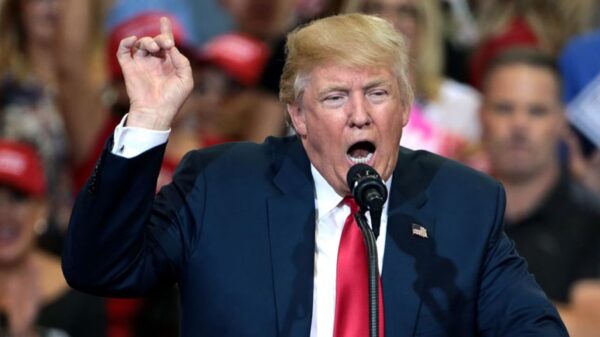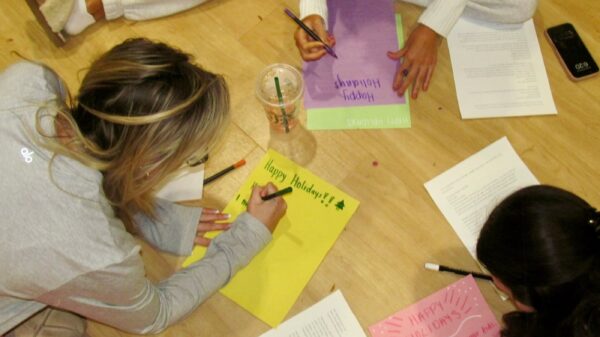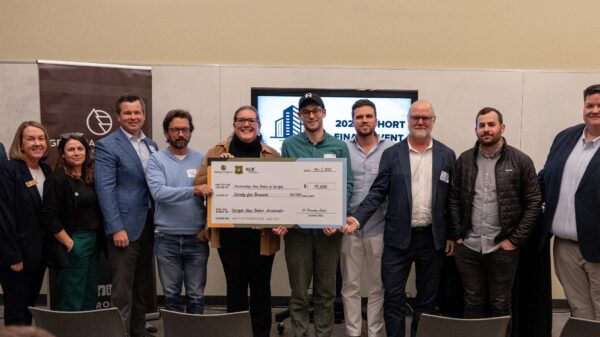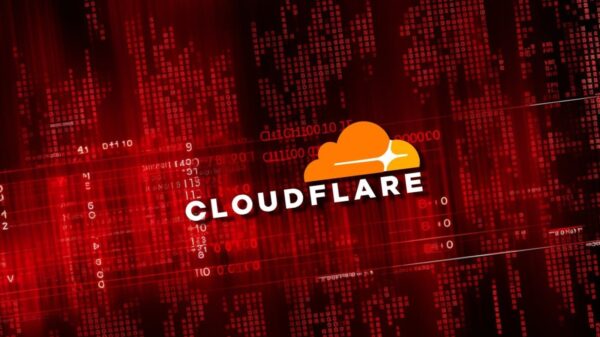UPDATE: New insights from the World Economic Forum reveal that artificial intelligence (AI) is set to create 11 million jobs by 2025 while displacing only 9 million. This urgent announcement comes amidst rising fears of mass unemployment as AI technologies advance.
As worries about a dystopian future dominated by AI continue to escalate, experts urge the public not to panic. Sean Higgins, a research fellow at the Competitive Enterprise Institute, emphasizes that history shows technology often disrupts but ultimately transforms the economy for the better.
The manufacturing sector serves as a prime example. In January 1980, there were 18 million manufacturing jobs in the U.S. Today, that number has decreased to 12.7 million due to automation. Despite this decline, the unemployment rate remains at a low 4.2%, significantly improved from the 6.5% rate in 1980. The U.S. economy continues to grow, producing more than ever before.
AI is often misunderstood as a replacement for human jobs. Current AI technologies, like ChatGPT, are powerful tools designed to automate repetitive tasks. However, they lack genuine intelligence, as they only imitate data from existing sources. This makes them valuable for enhancing productivity rather than completely taking over jobs.
The recent Hollywood strikes involving the Writers Guild of America and SAG-AFTRA highlighted the industry’s concerns about AI-generated content potentially replacing human creativity. AI’s limitations are already evident, with issues like inaccurate representations in AI-generated art and “hallucinations” in research produced by AI programs, as seen in cases involving the FDA.
Despite the hype surrounding AI, Higgins points out that new technologies rarely live up to their initial promises. The current AI “gold rush” has led to inflated expectations, but the reality is that both AI and human collaboration will be essential for success in the future workforce.
Looking ahead, the integration of AI into various industries is expected to give rise to new roles, particularly in small businesses. Owners will find innovative ways to leverage AI tools for marketing and content creation, thus creating fresh opportunities in the job market.
The key takeaway? AI is just another tool that requires human oversight and creativity. As we navigate this evolving landscape, the challenge will be to adapt and harness the potential of AI while ensuring that it complements human effort rather than replaces it.
Stay tuned for further updates as this story develops, and remember that the future of work in the age of AI is not about job loss but rather about transformation and opportunity.





































































